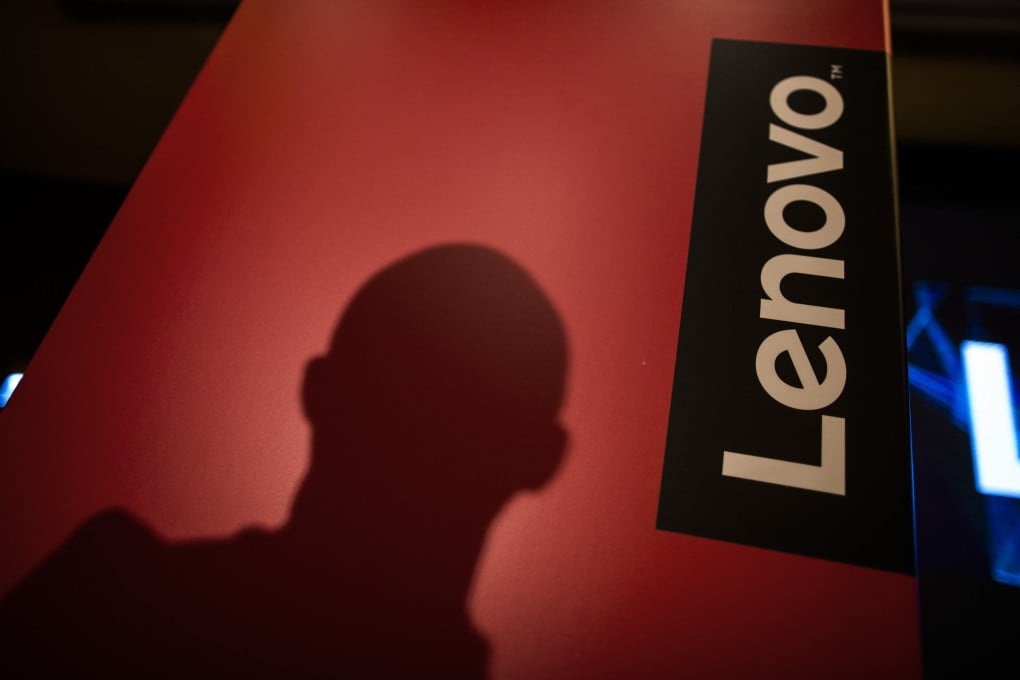Lenovo’s parent defends 2009 equity stake deal after storm of online attacks
- The PC manufacturing giant’s holding company, once majority owned by a state entity, is accused of selling state assets on the cheap more than a decade ago
- The accusation made by a nationalist pundit has been amplified by social media users even though it has been refuted by professionals

The parent company of Lenovo, the world’s largest personal computer manufacturer, has defended the sale of an equity stake in the company made by China’s top science academy in 2009, following weeks of unsubstantiated online allegations questioning the deal’s legitimacy and accusing it of causing heavy losses in state assets.
In a statement published in its internal portal on Friday and republished by Chinese media including China Business News, Legend Holdings, which is the largest shareholder in Lenovo Group, said that the Chinese Academy of Sciences’ divestment of a 29 per cent equity stake in the firm for 2.755 billion yuan (US$432 million) was legal and in line with regulations.
According to the statement, the sale was conducted via the Beijing Equity Exchange with rigorous auditing, appraisal and book-keeping. The deal priced the firm at a higher value than its net assets at the time, allowing the Academy to “realise the preservation and appreciation of state-owned assets”. Over the years, neither the country’s disciplinary watchdog nor state auditors have raised any objections, the statement added.
Public scrutiny of the 12-year-old deal mounted recently after Sima Nan, a nationalist pundit with millions of online followers in China, accused Lenovo’s parent of permitting the sale of state assets on the cheap.
Sima’s allegations have not been taken seriously by professionals: Xue Yunkui, a finance professor with the country’s top private business institution Cheung Kong Graduate School of Business, wrote that Sima had made some basic accounting mistakes in his calculation of a fair price for the Lenovo deal.
Communist Party mouthpieces such as the People’s Daily and the official Xinhua news agency have also remained silent over the issue.
Still, Sima has won support from many internet users who amplified his allegations through private social media accounts, with some attacks levelled personally at Lenovo’s 77-year-old retired founder Liu Chuanzhi.